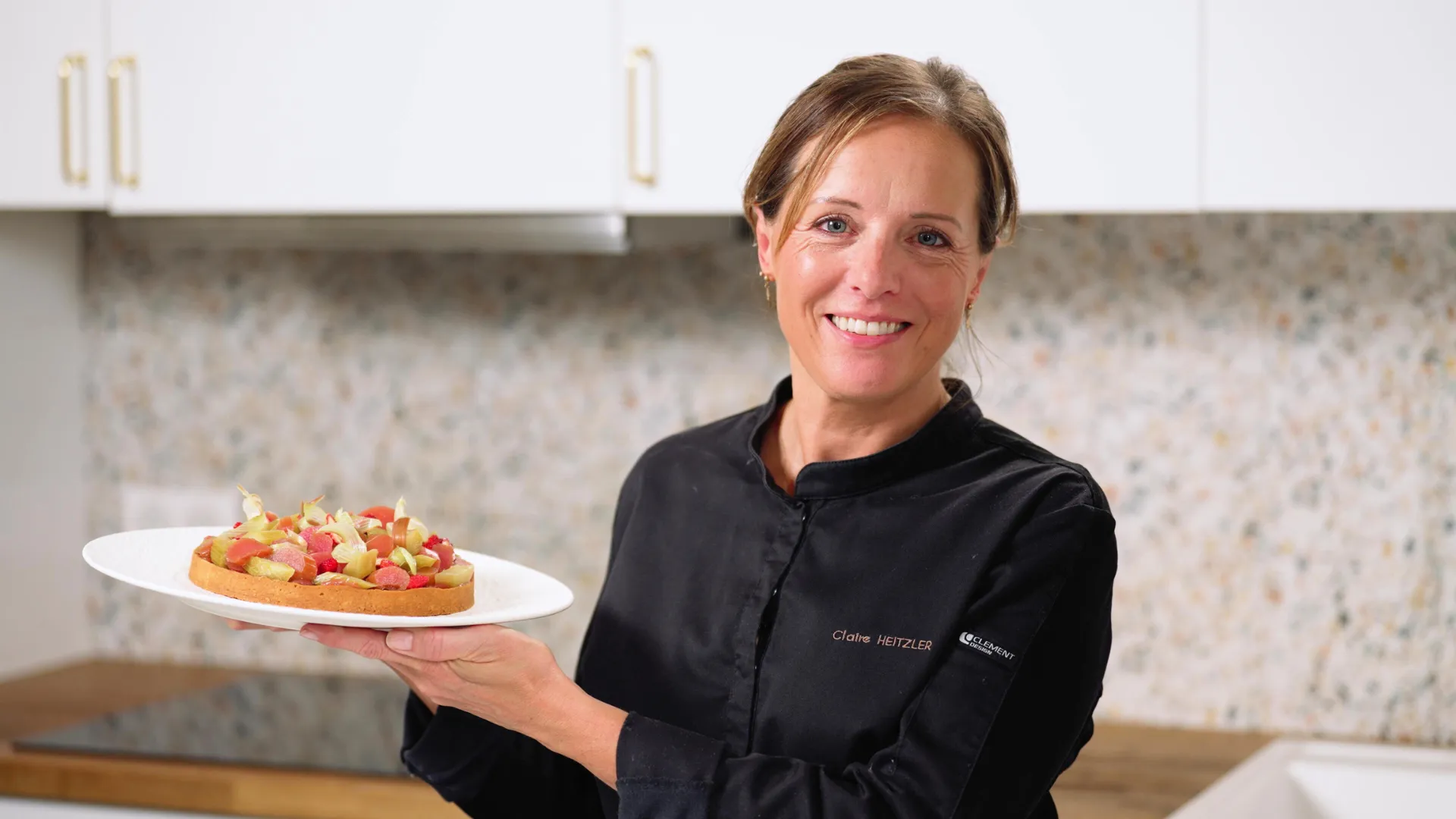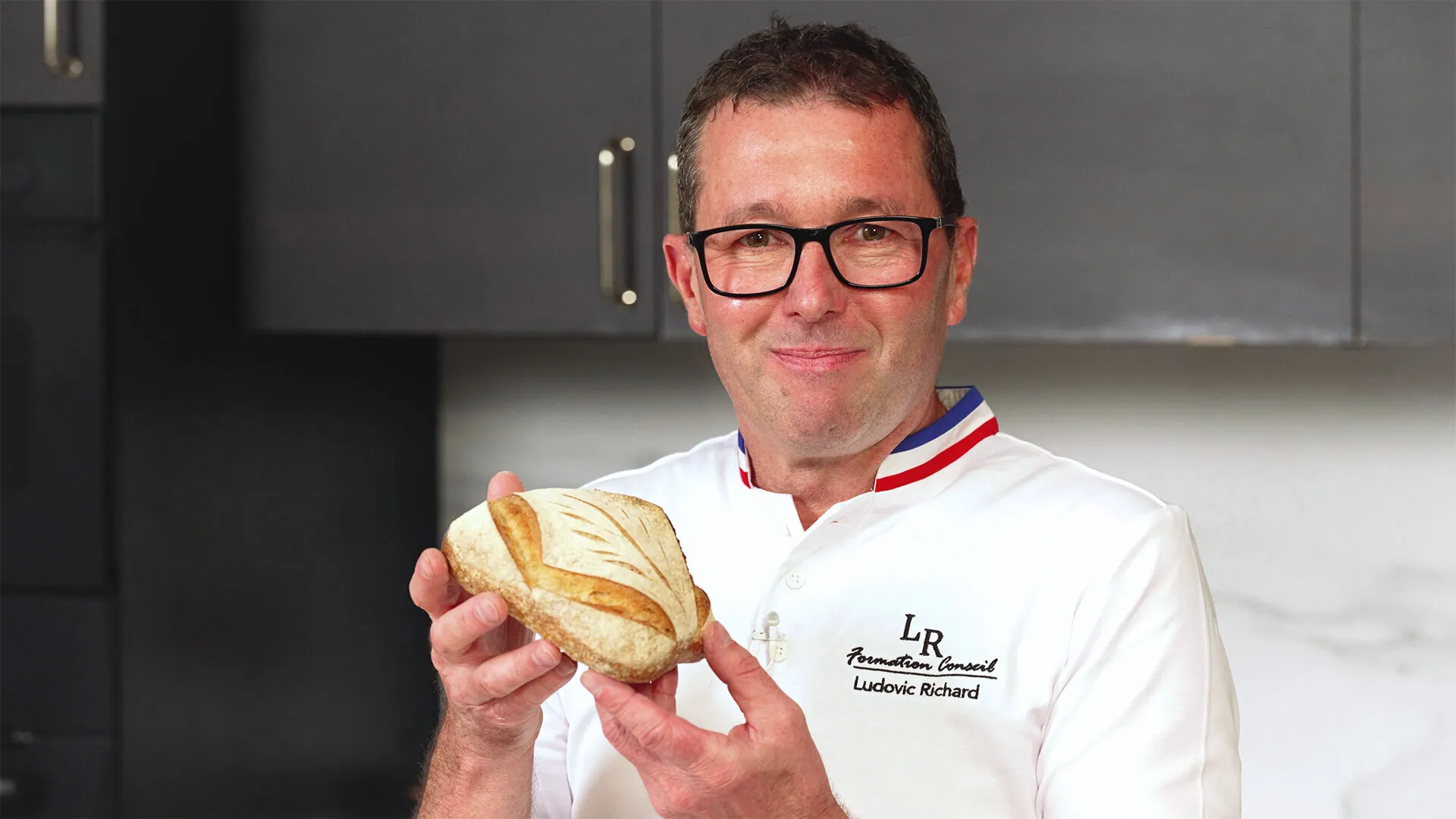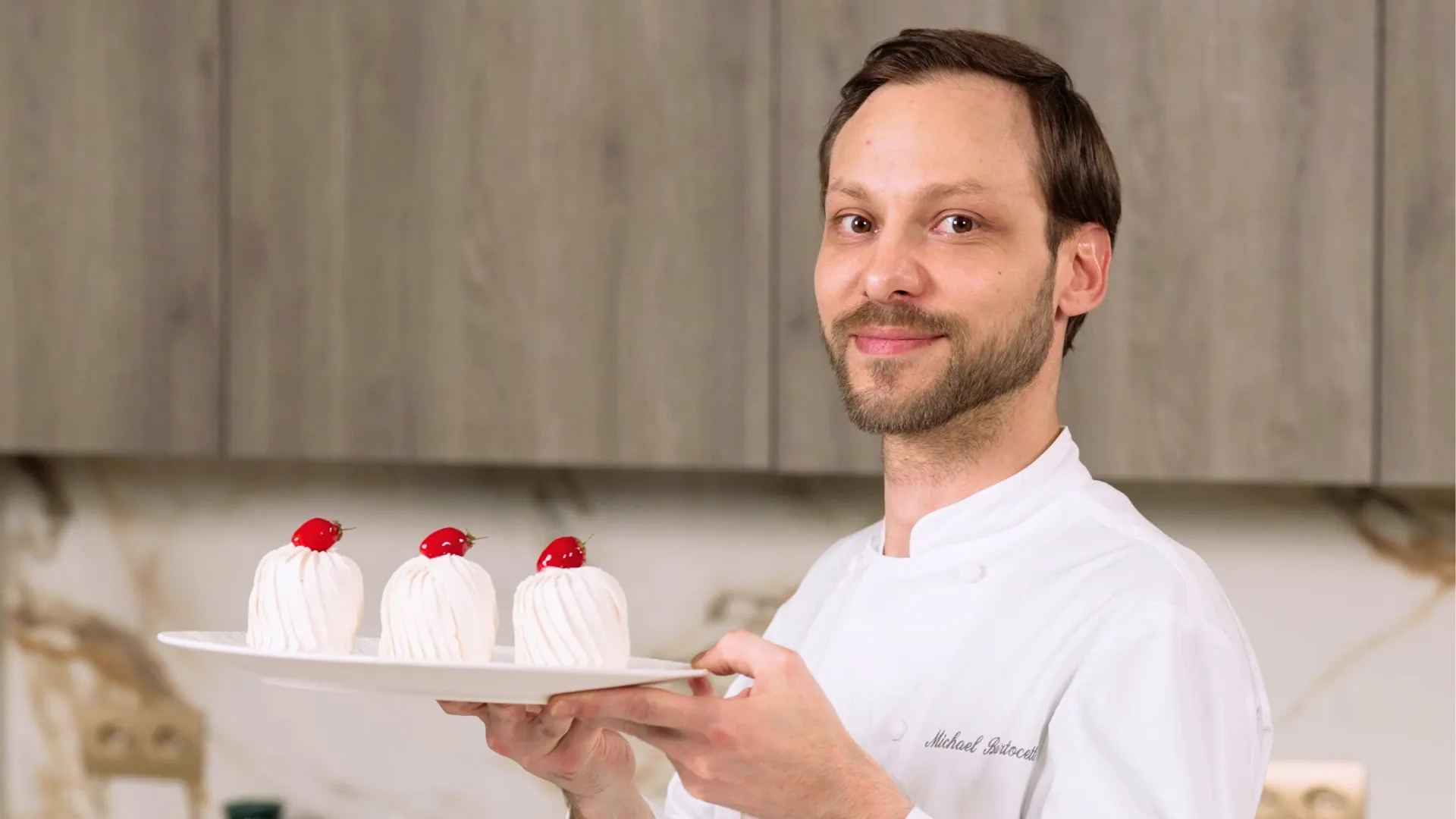Dreaming of making professional-quality desserts but don’t know where to start?
Wondering which baking tools are truly necessary without overspending?
This guide has you covered!
Baking is a precise and demanding art—every gram and every movement matters. Unlike cooking, where you can adjust flavors as you go, baking relies on exact techniques and measurements. That’s why having the right tools is essential to succeed and improve quickly.
But with so many gadgets and tools on the market, it’s easy to get lost—and waste money. This article will help you focus on what really matters.
We’ll cover:
Get ready to equip your kitchen with everything you need to bake successfully from day one!

The most basic but essential tool. A good whisk helps you beat egg whites, add air to mixtures, and emulsify creams. Choose a stainless steel whisk for durability and easy cleaning.
An absolute must for scraping bowls clean and incorporating ingredients gently—especially delicate whipped egg whites. A flexible heat-resistant spatula ensures precision and avoids waste.
Perfect for evenly rolling out pie crusts, puff pastry, or shortcrust dough. Go for wood or stainless steel for better control and easy maintenance.
In baking, even a few grams off can make a difference. A digital scale accurate to the gram is non-negotiable for recipe accuracy.
A tart pan, a loaf pan, and some pastry rings will open up many recipe possibilities. Silicone pans make unmolding easier, while metal pans offer more even baking.
Sift flour, powdered sugar, or cocoa powder to avoid lumps and ensure smooth, airy textures.
For piping choux, macarons, or decorating with cream, a piping bag is indispensable. Choose a kit with interchangeable tips for versatility.
Crucial for recipes like caramel, tempered chocolate, or custards. A digital candy thermometer ensures precision.
Great for shaping cookies and adding fun, creative designs to your treats.
Let your cakes and cookies cool evenly without becoming soggy from condensation.
A stand mixer helps with whipping egg whites, kneading dough, and making creams. For beginners, a hand mixer is a more budget-friendly option.
Ideal for whipping egg whites or prepping cold ingredients. Stainless steel bowls are lightweight, durable, and don’t retain odors.
Essentials for baking cookies, choux, and more—without sticking.
Use it to egg wash doughs or brush syrup onto cakes. Choose one that’s easy to clean and food-safe.
Perfect for scraping bowls and handling sticky doughs with precision.

Even with a solid checklist, it’s easy to make missteps when buying your baking gear. Here are some of the most common pitfalls.
It’s tempting to stock up on fancy gadgets—but most tools aren’t needed at the beginner level. Stick to the basics first.
Cheap plastic tools wear out fast. Opt for food-grade silicone, stainless steel, and wood for durability and hygiene.
A faulty or imprecise scale can ruin a recipe. Always test your scale’s accuracy before relying on it.
Having the right tools is just step one. To keep them working—and your bakes consistent—you also need to take care of them properly.
A poorly maintained tool can affect your results and shorten its lifespan. Follow these tips to keep your equipment in top shape:
Ingredients like flour, sugar, and butter can dry up and become hard to clean if left too long—especially on whisks, spatulas, and piping bags.
While tempting, dishwashers can damage certain materials.
Proper storage extends the life of your gear and keeps your kitchen organized.
If you use pastry knives or graters, keep them sharp and clean.
Even with great care, tools wear out over time.
Well-maintained tools not only last longer—they help you bake more consistently and with better results.
If you want to go even further, why not learn the right techniques directly from professional pastry chefs?

You’ve made it to the end of this guide! Now you know the 15 must-have tools to begin baking confidently, plus expert tips on avoiding mistakes and caring for your gear.
But having the right tools is just part of the equation. Knowing how to use them like a chef? That’s the game changer.
With VoilaChef, you’ll get:
→ Don’t wait— join VoilaChef today and start baking like a pro!















